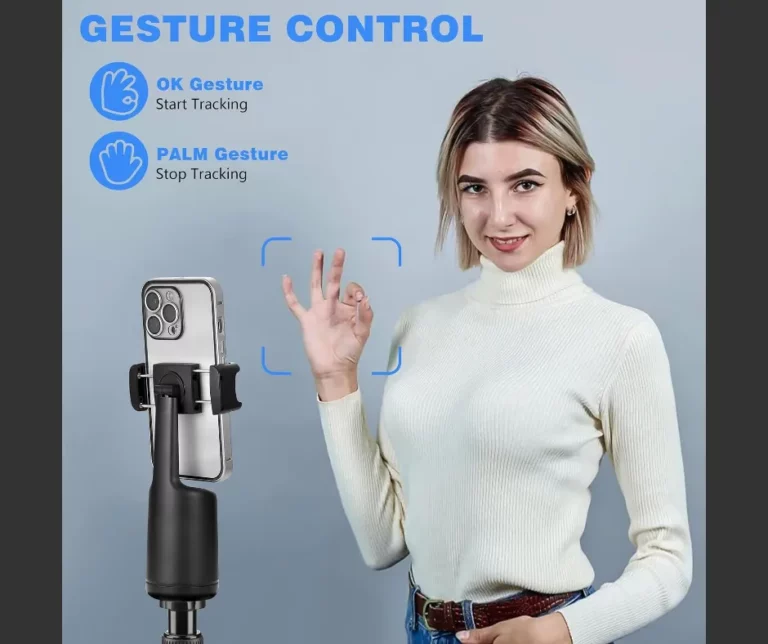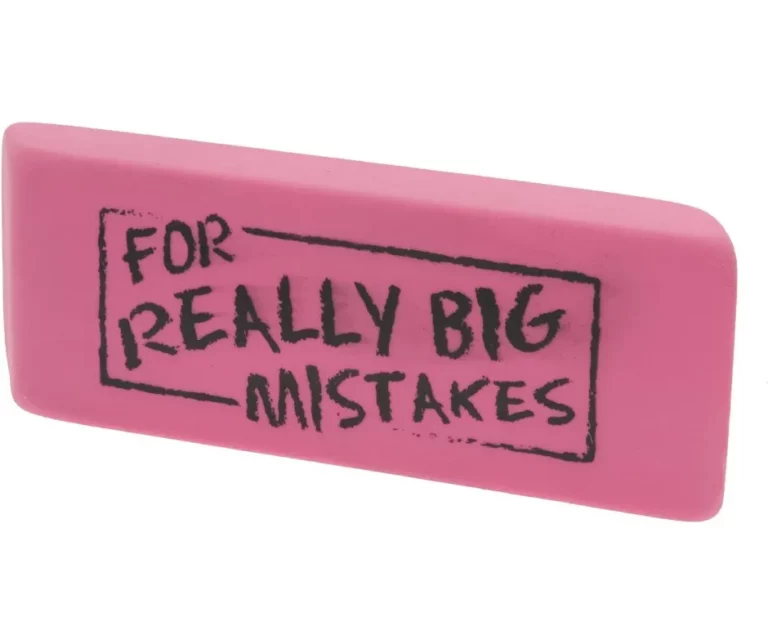Safeguard SEO Campaigns From Ransomware
As a well-known fact, hackers and cybercriminals have been attacking web sites and servers for years.
But the “cybercrime attack” has escalated and has become a global challenge.
Ransomware has become one of the most popular attacks over the past years. Ransomware is a type of malware that prevents users from accessing their files until a ransom is paid.
This ransom is often paid via Bitcoin, a cryptocurrency that is untraceable.
Thus, hackers are able to remain anonymous, and victims cannot retrieve their data without paying. The FBI estimates that ransomware costs companies $3 billion per year in lost productivity.
The following are five ways you can Safeguard SEO Campaigns From Ransomware.
Table of Contents Safeguard SEO Campaigns From Ransomware
Use a VPN
A Virtual Private Network (VPN) creates an encrypted tunnel between your device and the internet.
This means that all information sent through this tunnel is protected from eavesdropping or tampering. It also allows you to connect to different networks around the world.
This way, you can access websites that might be blocked at home.
In an era where the digital landscape is fraught with cyber threats, safeguarding SEO campaigns from ransomware has become imperative.
By using a VPN, businesses can create a secure tunnel for their data traffic, ensuring that sensitive information remains inaccessible to malicious actors.
This encrypted connection helps in maintaining the integrity of your SEO efforts by preventing unauthorized access to proprietary strategies and analytics.
Moreover, implementing a VPN isn’t just about security; it also offers the benefit of bypassing geo-restrictions which can be crucial for global SEO initiatives.
Imagine conducting keyword research or competitor analysis without encountering location-based content blocks – a huge advantage in staying ahead of global competition.
In this ever-evolving cyber world, employing a VPN not only bolsters your defense against ransomware but also empowers you to achieve more comprehensive and effective SEO outcomes.
Can encryption protect against ransomware?
Yes, but it will not prevent the attacker from decrypting your files once they have hacked into your system.
Updating your operating systems and applications is essential. This will ensure that you do not fall victim to new threats.
You should update your browser as soon as possible, so that you always have the latest version available.
You should also install antivirus software on your computer. Antivirus software scans any file that is downloaded, whether it is legitimate or malicious.
You should also use strong passwords for all accounts and services. Strong passwords are long, contain numbers, symbols, and special characters, and are changed regularly.
The unseen threat lurking in the shadows of SEO campaigns is ransomware, a menace that can cripple your digital marketing efforts overnight.
You may wonder, Can encryption protect against ransomware?
The answer lies in adopting sophisticated encryption techniques to fortify your data.
By encrypting sensitive information within your SEO tools and databases, you create an additional layer of defense, making it arduous for cybercriminals to access and exploit your valuable resources.
But let’s not stop there—ransomware attacks often stem from peripheral infiltrations such as phishing emails or compromised credentials.
Regularly updating software and training staff on cybersecurity awareness are pivotal steps to thwart these entry points.
Seamlessly integrating automated backups means even if an attack occurs, restoring your original data becomes swift and uncomplicated.
Hence, thinking beyond mere protection towards proactive risk management ensures that crucial SEO campaigns remain unscathed by malicious hands, allowing uninterrupted progress toward digital dominance.
Keep up with updates
Ensuring the protection of your SEO campaigns from ransomware threats is not just an IT concern, but a business imperative.
Modern-day hackers are increasingly targeting online assets, with SEO campaigns being no exception. The first line of defense in this digital battlefield is to keep up with updates for all software and plugins used in your website management.
Falling behind on these updates can expose you to known vulnerabilities that cybercriminals eagerly exploit to inject malicious code or hijack your systems.
Furthermore, employing robust backup strategies cannot be understated; think of it as the digital equivalent of insurance.
Regularly backing up your site ensures that even if you fall victim to an attack, you can quickly restore operations without losing ground in search engine rankings.
Coupled with multi-factor authentication (MFA) and end-to-end encryption, these measures significantly reduce the risk footprint.
Safeguard your SEO initiatives by proactively implementing these solutions and making cybersecurity best practices an integral part of your marketing strategy.
Back up regularly
Imagine losing months of painstaking SEO efforts overnight. The devastating impact ransomware can have on your digital marketing initiatives is immense.
If hackers obtain access to your data, they could demand a ransom, threatening to disrupt or erase your hard-won search rankings entirely.
Back up regularly—this simple practice can be the difference between a temporary inconvenience and a catastrophic setback.
But it’s not just about backing up; it’s about doing it intelligently. Store backups in multiple locations, ensuring you have both local and cloud-based copies that are updated frequently.
The double shield of diversified storage means that even if one backup source becomes compromised, another remains intact.
Investing in secure, automated systems for these backups frees you from manual oversight and ensures continuous protection against potential threats.
Be cautious when opening attachments
Never open any attachment unless you know who sent it. If you do not recognize the sender, then delete the message immediately.
If you are unsure about the sender of an email, never open the attachment.
Delete the email. If a friend sends you an email with an attachment, chances are it is not from a friend.
Delete the email. If you receive an email from your financial institution, stating that you need to click on the link to verify your account, DO NOT CLICK.
Delete the email.
If you receive an email from a company you do business with, informing you that they need you to verify your account, do not click on the link. Delete the email. Delete the email. Delete the email!
Use secure websites
Use HTTPS whenever possible. It encrypts data between you and the website.
If a web page begins with https:// instead of http://, it means that the information you send and receive is encrypted (made unreadable, essentially).
Everyone should use this whenever possible, because it goes a long way toward preventing people from snooping on your internet traffic.
However, you may find that some sites that you wish to visit don’t always use HTTPS.
Sometimes this is because the site doesn’t support it, sometimes it’s because they’re not interested in paying the cost to keep their security certificate up to date and sometimes it really is because they’re using HTTP for nefarious purposes.
You can easily see which version is being used by hovering your mouse over the URL in your browser of choice: HTTP will show a lock icon in the status bar while HTTPS shows a closed padlock.
In conclusion, there are lots of ways to protect your SEO from ransomware attacks, such as backup of website, document, data, tools, and plugins. Backup your website, files and documents offsite.
The best protection is to be aware of the threats and take steps to avoid them.
Welcome to WordPress. This is your first post. Edit or delete it, then start writing!







